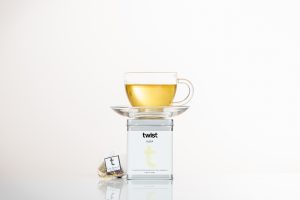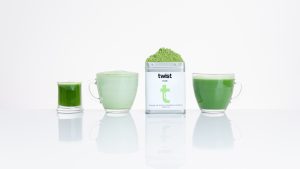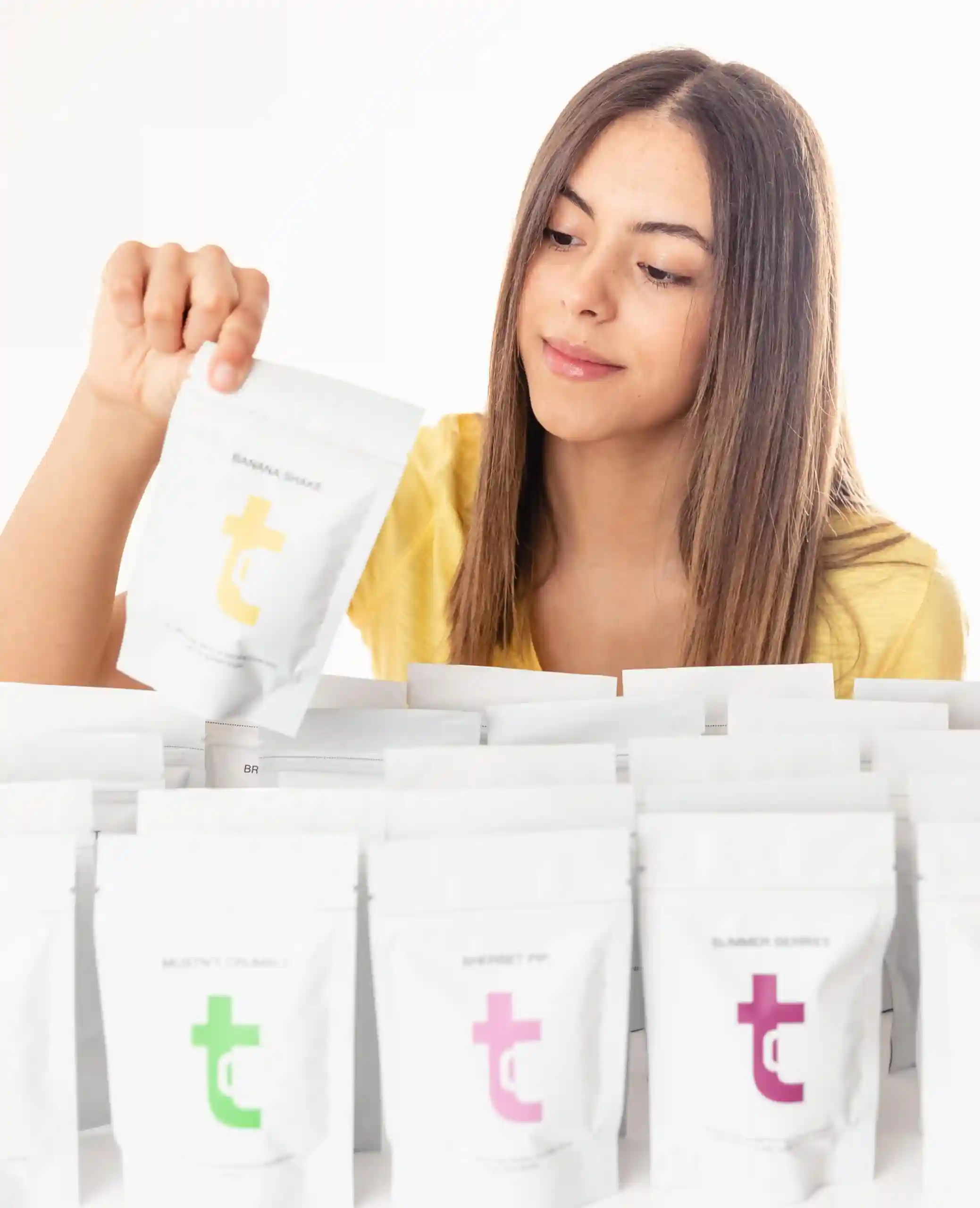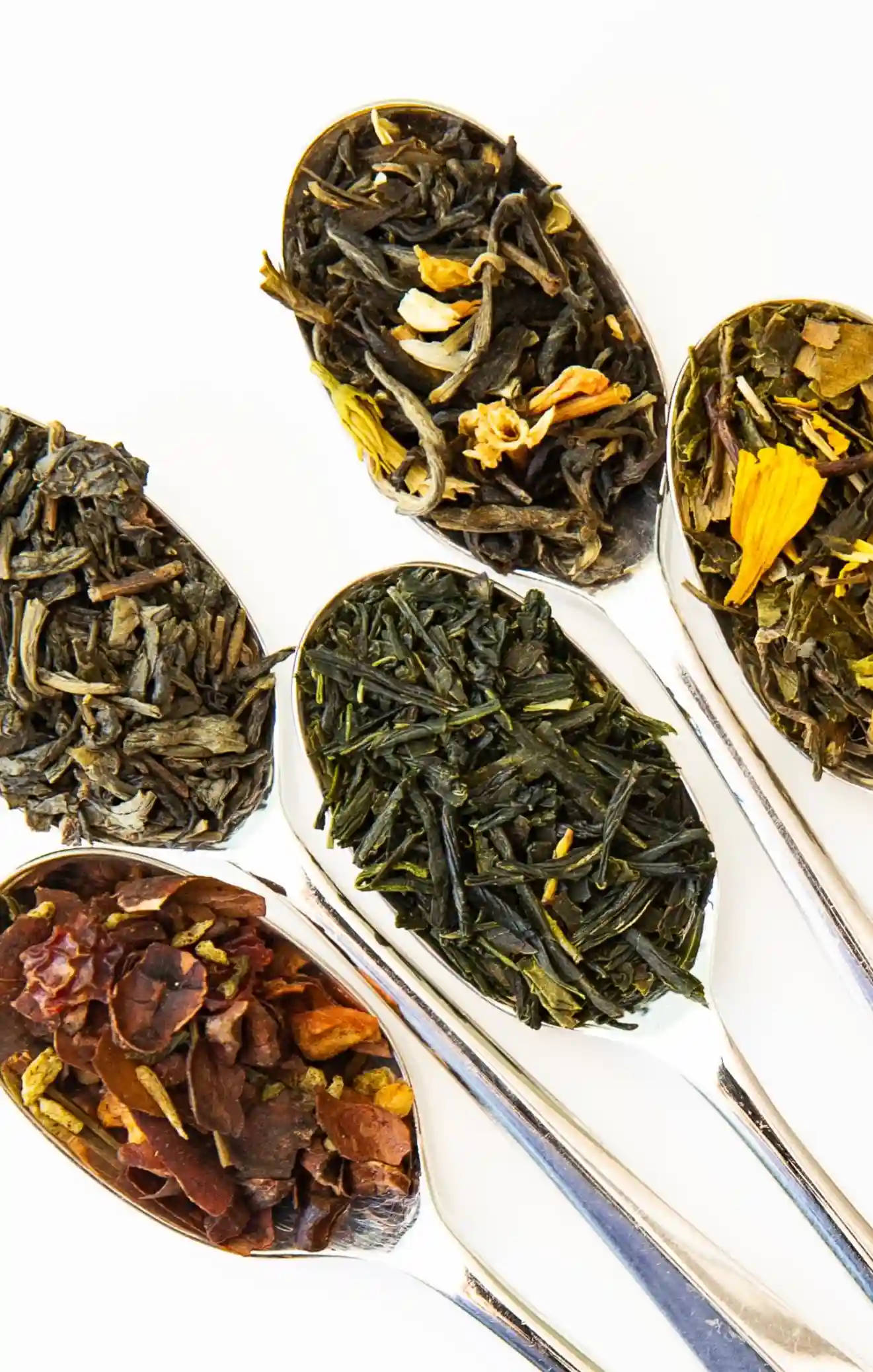Aaah, sleep, glorious sleep. How wonderful it is to drift off to the land of nod, and to arise, refreshed and ready to face the day seven to eight hours later. But how many people do you know who actually get the optimum amount of sleep? When was the last time you woke up naturally from a deep and nourishing sleep, ready to tackle the day without needing a jolt of caffeine to get you going?
We all have times in which sleep is elusive. Sometimes it is thankfully only for a short period, but at other times it is painfully prolonged. The events of the past year have played havoc with the sleeping habits of many people. Studies have shown that not enough sleep, or poor quality of sleep, over a extended period can adversely affect our physical and mental health. Not enough sleep can increase the risk of developing Type 2 diabetes, heart disease, obesity, and depression.
In the UK there are many options for help available for those struggling to sleep, starting with advice from your GP and the NHS. If you are reading this blog, you may be looking for complimentary ideas to use alongside these proven methods. In this blog we will attempt to answer the following questions and ascertain whether tea can help you to sleep better.
- The definition of sleep
- How much sleep do I need?
- Why can’t I sleep?
- Sleeping tips
- Does Twist tea help with sleep?
- Key UK sleep advice resources
The definition of sleep
Sleep is a tricky concept to pin down. According to this explanation, ‘sleep is a reversible behavioural state of perceptual disengagement from and unresponsiveness to the environment’. Are you any clearer on what sleep is from that definition? Nope, neither are we and if the experts are honest, they aren’t exactly sure what it is either. What is certain, though, is that sleep is vital to our physical and mental wellbeing.
Humans used to follow the natural rhythm of daylight, sleeping when it became dark, waking when it became light. The introduction of electricity and artificial light irrevocably altered our sleeping patterns. No longer were people required to conduct their evening activities by firelight; instead, they could extend their activities into the night with brighter electric lighting. Flexible working hours and digital devices have further changed the way in which we sleep, and not always for the better.
How much sleep do i need?
You may ask: how much sleep is enough?
Too often, sleep is something that gets relegated to the bottom of the ‘To Do’ list. We all have a lot that we try to fit into our day, and sometimes these tasks eat into our sleep time. Are you one of those people guilty of sleep procrastination? You know, when you realise it’s getting late, but you want to finish the movie/get to the exciting part of your book/wade through all of your social media sites/have another drink at the pub because it’s your only chance all day to do these important things?
According to the NHS, most adults need between six and nine hours of sleep every night. By calculating back from the time that you need to get up in the morning, it is possible to work out the optimum time to get to sleep.
Sounds simple enough. But what if you just can’t get to sleep at that time?
Why can’t I sleep?
There are many reasons for not being able to get a good night’s sleep. Sleep problems can be caused by one, or several factors.
Anxiety or depression and sleep
Anxiety and stress often rob us of our sleep and there has been plenty to worry about during the past year. Juggling concerns over work, childcare, schooling, and the health of our loved ones has had a detrimental effect on our sleep. According to Sleepstation, an online sleep help program endorsed by the NHS, ‘one of the most important factors needed for good sleep is a quiet mind. You cannot sleep if your mind is racing, or you are worried or stressed’. Additionally, people can become anxious about sleep itself. Once you are aware that you might have a problem getting enough sleep, it can become something else to worry about and sleep can become more elusive than ever.
Depression can also leave many people unable to sleep, or unable to get out of bed. Sleeping more than our recommended six to nine hours per night is also not advised.
Digital devices and sleep
We all know that we spend far too much time on our digital devices these days. With many facets of our lives increasingly online, it is hard to escape and switch off. But escape from it (briefly) we must each day if we are to get a good night’s sleep. Studies have shown that the blue light emitted from our phones, tablets and computers affect the release of melatonin, a hormone that prepares our bodies for sleep. Ideally, we should turn these devices off one hour before we need to be asleep, preferably leaving them outside our bedrooms, and instead pick up a book, have a relaxing bath or have a warm, non-alcoholic drink (more on this later).
Too much caffeine and sleep
Found in tea, coffee, chocolate, soft drinks and some medication, caffeine is great for giving us that energy boost we crave, usually when very tired. But it can have a downside: caffeine is addictive, meaning the more we drink it the more we crave it, thus a vicious circle is formed. Some people are affected more by caffeine than others and can experience headaches, heart palpitations, upset stomach, as well as insomnia. Because of its stimulating effect, the NHS recommends that we don’t eat or drink anything containing caffeine in the four to five hours before bed.
Not enough exercise and sleep
Regular exercise is important on so many levels. We need it to keep our hearts, bones and muscles healthy and strong. Regular exercise also benefits our mental health and can have an impact on the quality of our sleep. The World Health Organisation recommends that adults have between 150-300 minutes per week of moderate exercise. Moderate exercise includes cycling, swimming, walking, running and group activities such as tennis and football.
It makes sense that getting regular exercise will have an impact on our sleep quality as it expends our energy and makes us tired. It’s important to remember that some exercise is better than no exercise, even if it’s a simple walk each day. Evidence shows that the relationship between exercise and sleep is interlinked: poor sleep leads to lack of energy and a reduction of exercise, which can then lead to more poor sleep. However, while it is important to exercise in order to improve our sleep quality, we need to remember not to exercise too vigorously just before bed as it leads to a rise in hormones such as cortisol, which can interfere with sleep.
Sleep hygiene
Sleep hygiene is a term used to describe how we might create a space (ideally a bedroom) that will help us to achieve a good night’s sleep. This includes the following:
- Ensure that you have a comfortable mattress.
- Ensure that your bedroom is the right temperature, not too hot or too cold, 18 degrees Celsius is recommended as a guide.
- Try not to have a TV in your room and try not to have any digital devices in there either. If you use your phone for an alarm, consider changing to an old-fashioned alarm clock. If you read books on a kindle app, try switching to night mode to reduce the back light.
- If possible, limit the amount of light coming in from the windows, either with curtains or with an eye mask. Equally, if your room is noisy consider using ear plugs for sleeping.
Sleeping tips
Unfortunately, there does not appear to be a single, magic pill we can take to ensure a good night’s sleep. It seems that we need to look at several lifestyle factors. The NHS recommends that we do the following:
- Go to bed at the same time every night and wake up at the same time every morning. (try to establish a bedtime routine that can help prompt or remind your body that it is time to sleep. You might also find it helps to keep a sleep diary, particularly when trying to establish a bedtime routine that works for you).
- Try not to eat or drink anything containing caffeine in the four to five hours before bed.
- Try not to nap during the day.
- Avoid vigorous exercise two hours before bed. Light exercise such as yoga or stretching is ok.
- Keep your bedroom cool and dark.
If, after trying these methods you still cannot sleep, it is important to seek professional help from your GP.
Does (Twist) tea help with sleep?
Tea is undoubtedly good for us. First discovered in China almost 5000 years ago, tea is a drink brewed from the leaves of the Camellia sinensis plant. Tea can be classified into black, green, white, oolong and Pu-erh teas. All tea types contain antioxidant properties which can help to protect us from heart disease and some types of cancer as well as boosting our energy and concentration levels.
Herbal teas are not tea in the technical sense as they do not come from the Camellia sinensis plant. The correct term is tisane; however, we often refer to them as tea because we brew them in much the same way. Popular herbal teas include peppermint, chamomile, lavender, ginger, and rooibos. Like traditional teas, herbal teas offer many health benefits and are largely caffeine-free.
So can tea help with sleep? While tea has much to offer us in terms of health benefits, we must be honest and admit that it is not the only solution to getting a good night’s sleep. However, at Twist we believe tea can help with sleep, especially when used in conjunction with other healthy lifestyle habits.
Chamomile tea
Chamomile is a herb that produces daisy-like flowers. The tea brewed from the dried Chamomile flowers has been used for centuries as a natural treatment for insomnia. It is naturally caffeine-free, making it ideal for drinking at any time of day. Chamomile contains apigenin, a phytonutrient that has a sleep-inducing effect. Chamomile is also thought to help reduce stress and anxiety and some have described it as being a ‘mild tranquilizer’. Discover the benefits of Chamomile tea.

Twist Teas’ Sleep Tea blend is a soothing mix of whole chamomile flower heads, lemon balm, valerian, and lavender. Lemon balm, valerian and lavender have been used for centuries to treat ailments including insomnia and anxiety. While further study is required to determine exactly how this works, the addition of these herbs undoubtedly enhances this aromatic brew.
A hot drink before bed
Creating an evening ritual for yourself, including enjoying a hot drink, is mentioned in many sleep help guides. If chamomile is not your cup of tea, brew yourself a Chocolate Cake Tea and top it with frothy milk for a soothing rooibos hot chocolate. Rooibos is a herb native to South Africa that is naturally caffeine-free and is known for its health benefits. Our Chocolate Cake tea has the bonus of no added sugar, meaning you can enjoy a completely guilt-free pre-sleep treat.
Caffeine and sleep
At Twist Teas we have lots of delicious caffeinated blends but these are probably not the ones you should be reaching for when finding it difficult to sleep.
Health experts believe it is ok to consume up to 400mg of caffeine, the equivalent of four to five cups of tea or coffee, per day. If you consume more caffeine than this every day, sleep specialists agree that it is a good idea to reduce your caffeine intake. It can be difficult reducing your caffeine intake to zero and might be unnecessary too (unless you are experiencing extreme reactions to it). Before we look at obvious caffeine-free and reduced caffeine options, we are going to go out on a limb and suggest that changing the type of caffeinated drink you consume might have a bearing on your sleep quality…

Matcha, a powdered green tea, contains an equivalent level of caffeine per cup than espresso coffee due to the way in which matcha tea is grown. Yet the caffeine in matcha affects us differently to the way that the caffeine in coffee does. There is a synergy between caffeine and L-theanine (an amino acid present in matcha) which allows for a slow-release of energy. This contrasts with the quick boost of energy followed by a sharp drop in energy often experienced following a strong coffee. Furthermore L-theanine and caffeine work together to reduce stress and improve concentration. A very good reason to replace your morning coffee with a cup of nutrient-dense matcha instead.
And now on to those reduced caffeine and caffeine-free tea options!
The NHS recommends abstaining from eating or drinking anything containing caffeine during the 4-5 hours before bedtime. If you still feel the craving for a cup of black tea during the late afternoon or evening, Pure Rooibos can provide a delicious alternative. A herb native to South Africa, Rooibos is has a nutty, full-bodied taste and it is naturally caffeine-free. If you like our Pure Rooibos, you might like to try our other Rooibos blends, all caffeine-free and with no added sugar.
Decaffeinated tea is another option that makes it possible to reduce our caffeine intake without abandoning black tea altogether. Twist’s All Day Decaf, another award-winning tea comprises premium, organic Sri Lankan Black Tea treated with liquid carbon dioxide to remove caffeine. This harmless process does not diminish the flavour. Other decaf teas are rinsed in Methylene Chloride, primarily used as an industrial solvent and paint stripper. Fancy a cup? No, us neither…
Hydration and sleep
A 2019 study has shown that there is a correlation between sleep length and dehydration.
The study found that people are more likely to wake up dehydrated if they have had less than eight hours’ sleep. For most of us, dehydration leads to headaches, difficulty in concentration, irritability, and dizziness. There is no doubt that staying properly hydrated is necessary for maintaining our physical health. The NHS recommends that we drink between six to eight glasses of fluid per day to stay hydrated.

If we are trying to eliminate as many factors as possible in our quest to get a good nights’ sleep, it can’t hurt to try to drink the right amount of water during the day. However drinking enough water to stay fully hydrated can get, well, boring can’t it. Cold Brew Teas can be a delicious alternative to plain water. At Twist we have a wide selection of innovative blends of the finest whole leaf teas, fruits and herbs that have been carefully created to taste as great brewed cold as they do hot. Perfect for enjoying during the warm summer months, our cold brew blends differ from traditional iced tea as they have no added sugar or artificial sweeteners and many of them are naturally caffeine-free. Cold Brew teas make it easy to reach your daily 2 litre quota, without worrying about consuming too much sugar or caffeine.
Conclusions
If you are having trouble getting to sleep, or with getting enough sleep each night, it is important that you seek help from your GP or healthcare professional. At Twist we do not believe that tea is the only solution to sleeping better but the choices we make in terms of what we eat and drink during the day, including the tea you chose and when you drink it, seems likely to have some bearing on how well we sleep. Whether you wish to trade the jitters of your morning coffee for the smooth energy boost of a matcha, or would like to reduce your caffeine intake altogether by considering Rooibos, decaffeinated tea or fruit and herbal teas, Twist has a blend for all options!
Key UK sleep advice resources
NHS https://www.nhs.uk/live-well/sleep-and-tiredness/how-to-get-to-sleep/
Sleepstation https://www.sleepstation.org.uk/
Mental Health https://www.mentalhealth.org.uk/publications/how-sleep-better
Mind https://www.mind.org.uk/information-support/types-of-mental-health-problems/sleep-problems/tips-to-improve-your-sleep/








 Recognised as a reliable stamp of excellence among consumers, retailers and major food buyers alike, Great Taste is the largest and most trusted food & drink accreditation scheme.
Recognised as a reliable stamp of excellence among consumers, retailers and major food buyers alike, Great Taste is the largest and most trusted food & drink accreditation scheme. 



 The lovely tissue paper and ribbon – once reused – can be put into your council food waste for composting.
The lovely tissue paper and ribbon – once reused – can be put into your council food waste for composting. 













